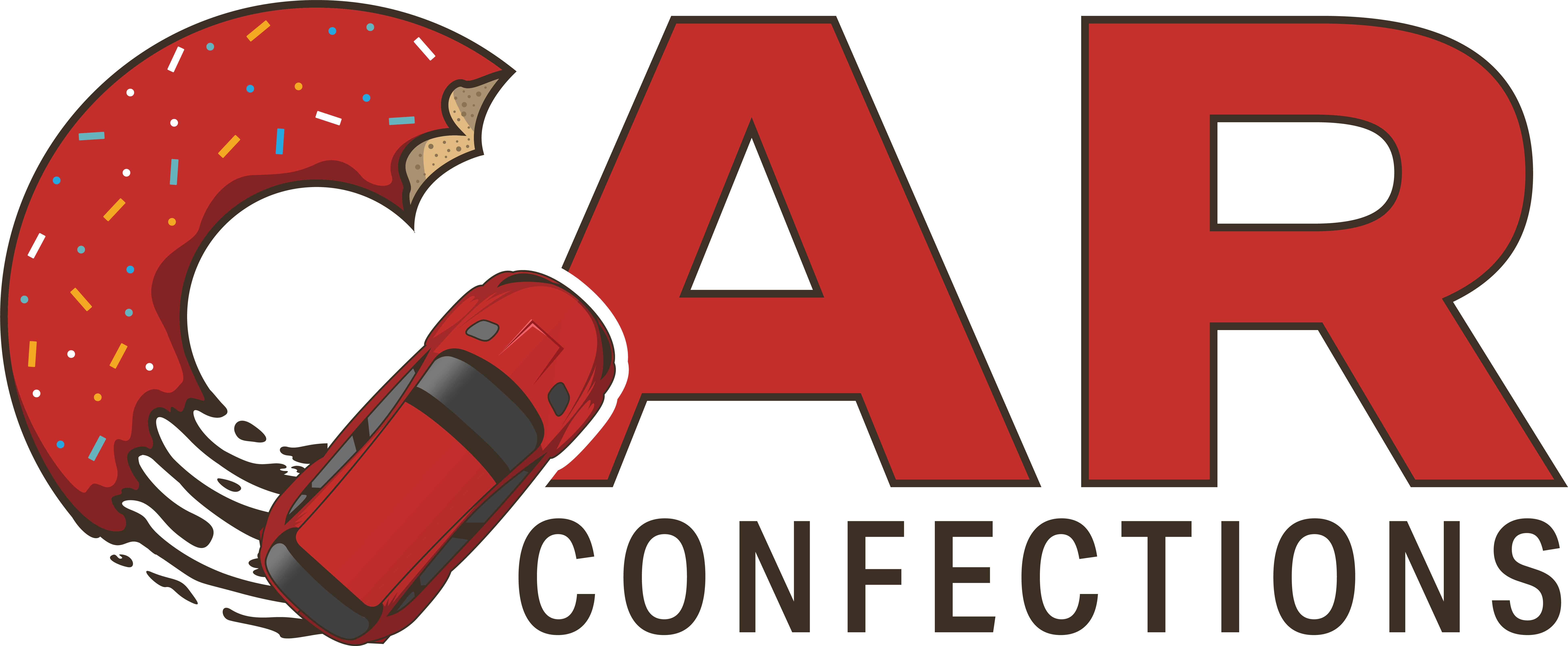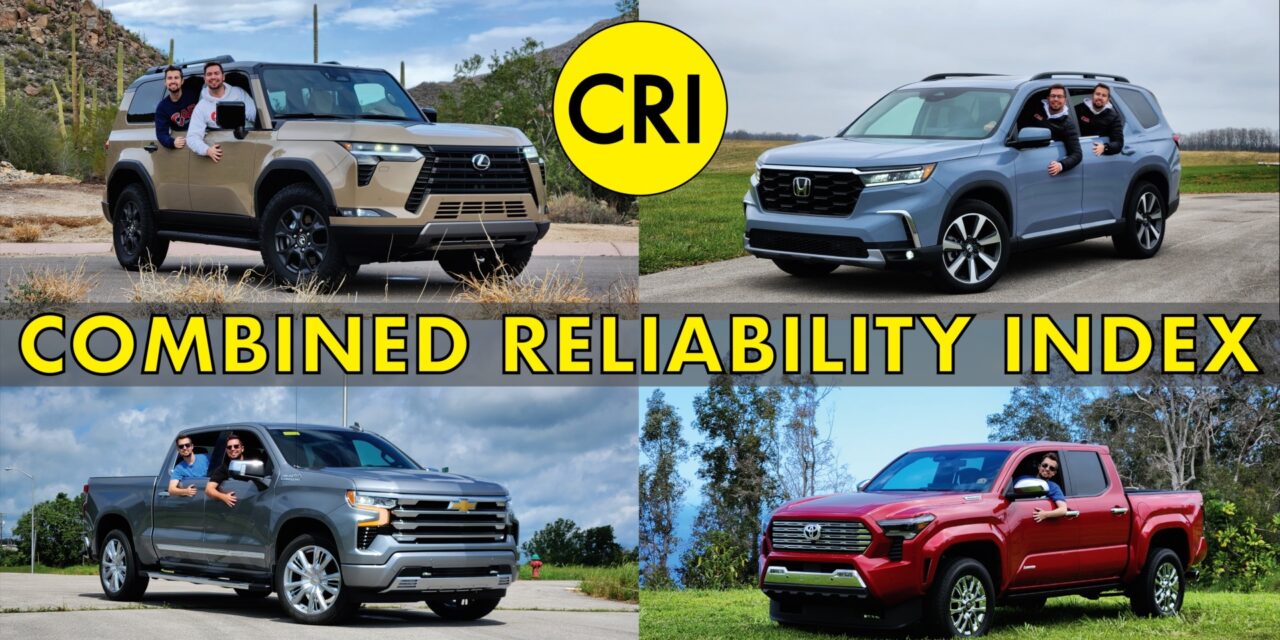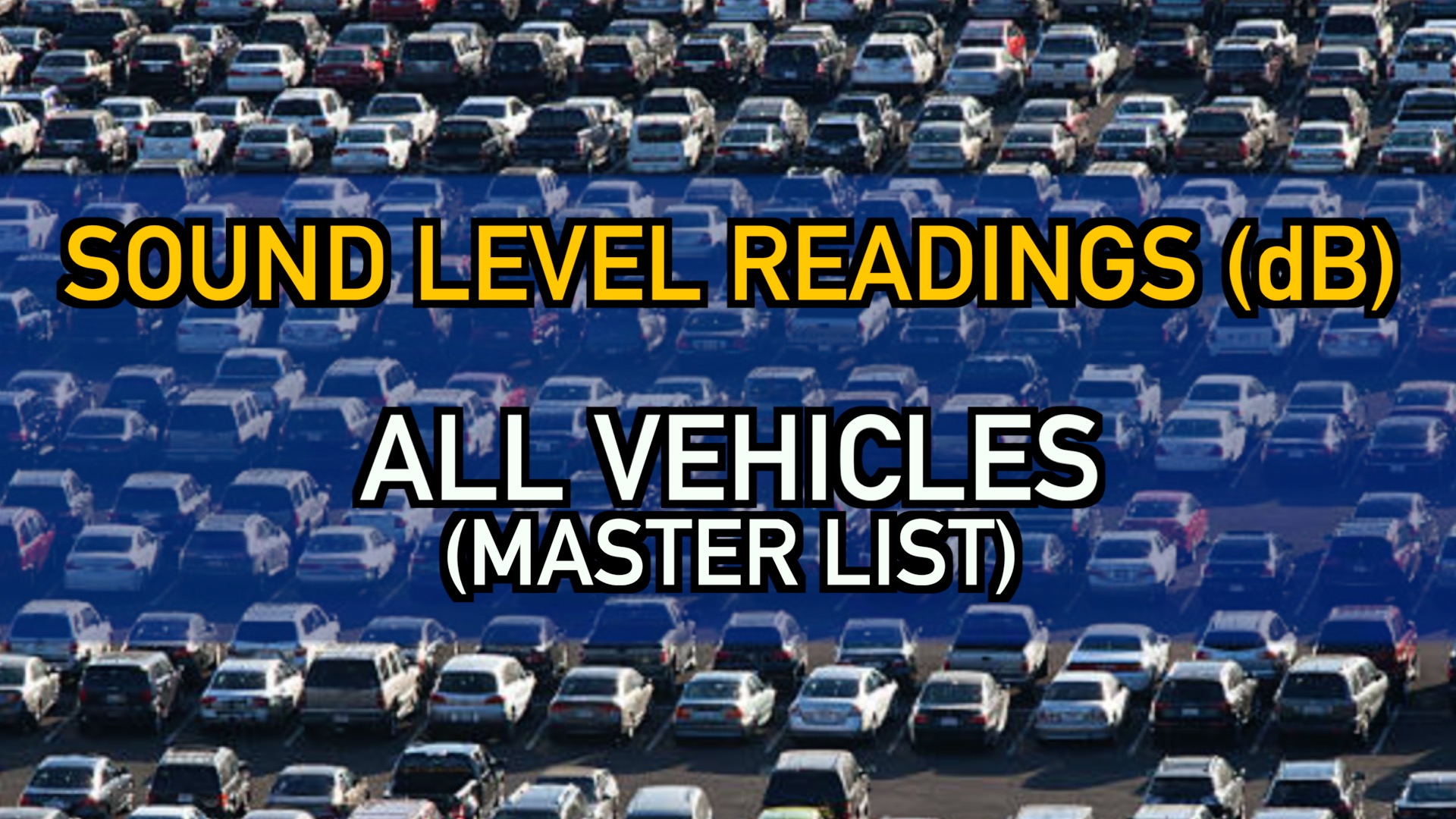The Car Confections Team have been in the car review business for over a decade. During that time, we’ve received thousands of comments asking about reliability. While it’s a very difficult metric to measure or estimate, it’s certain not all cars are created equal in this area. We also understand that consumers value understanding the given reliability of a vehicle, which is why we have created the Car Confections Combined Reliability Index, or CRI. Using several sources of expert analysis, we have tried our best to create a scale that is accurate and makes sense. This article will show the master list, the most reliable brands, as well as share our methods and resources. For a full explanation, please watch the video linked at the bottom of this article!
How To Determine If a Car is Reliable
When deciding how to assess reliability, we specifically targeted 3 areas:
- Initial Quality – if it’s not working when you first purchase, chances are it won’t be quality when you keep it around for a few years.
- Initial Dependability – If it works at first, how well does it hold up in its first few years? The honeymoon phase is over, are things starting to go wrong?
- Vehicle Longevity – what’s the likelihood this car will last to 250,000 miles? What’s the likelihood it’ll be kept for 15 years? These metrics will tell us if a car is truly dependable and will run without issue 10+ years to come. Or rather, is the vehicle a reliability nightmare and will hit the junkyard before it reaches this point?
To calculate our Combined Reliability Index based on these criteria, we used three databases gathered by two trusted sources in the auto industry.
The Results: The Most Reliable Brands
Pictured below are the results of the Car Confections CRI as of February 19th, 2025. As research methods are improved and resources are updated, we will periodically update the CRI as well to best reflect the current state of reliability.
| Brand | Initial Quality | Dependability | Sub-Total Score | 15yrs/250k Multiplier | Final Score | Change from 2024 |
|---|---|---|---|---|---|---|
| Toyota | 192 | 162 | 177 | 1.65 | 107 | No Change |
| Chevrolet | 160 | 169 | 165 | 1.3 | 127 | No Change |
| Honda | 181 | 201 | 191 | 1.4 | 136 | No Change |
| Buick | 164 | 143 | 154 | 1 | 154 | Up 1 Spot |
| Subaru | 183 | 212 | 198 | 1.2 | 165 | Up 1 Spot |
| Lexus | 174 | 140 | 157 | 0.95 | 165 | Up 1 Spot |
| GMC | 201 | 181 | 191 | 1.15 | 166 | Up 1 Spot |
| RAM | 149 | 242 | 196 | 1.15 | 170 | Down 4 Spots |
| Acura | 193 | 249 | 221 | 1.25 | 177 | Up 1 Spot |
| Porsche | 172 | 186 | 179 | 1 | 179 | Up 1 Spot |
| Kia | 163 | 196 | 180 | 1 | 180 | Up 2 Spots |
| Ford | 179 | 208 | 194 | 1.05 | 184 | Up 10 Spots |
| MINI | 182 | 190 | 186 | 1 | 186 | Down 1 Spot |
| Cadillac | 214 | 169 | 192 | 1 | 192 | No Change |
| Mazda | 232 | 161 | 197 | 1 | 197 | Up 3 Spots |
| BMW | 206 | 189 | 198 | 1 | 198 | Up 1 Spot |
| Infiniti | 187 | 208 | 198 | 1 | 198 | Up 6 Spots |
| Genesis | 184 | 213 | 199 | 1 | 199 | Down 3 Spots |
| Industry Average | 195 | 202 | 199 | 1 | 199 | — |
| Nissan | 166 | 215 | 191 | 0.95 | 201 | No Change |
| Hyundai | 162 | 222 | 192 | 0.95 | 202 | No Change |
| Alfa Romeo | 226 | 211 | 219 | 1 | 219 | Newly Qualified Data |
| Lincoln | 224 | 221 | 223 | 1 | 223 | Up 2 Spots |
| Mercedes-Benz | 206 | 243 | 225 | 1 | 225 | Down 2 Spots |
| Mitsubishi | 191 | 256 | 224 | 0.95 | 235 | Newly Qualified Data |
| Jeep | 200 | 275 | 238 | 1 | 238 | Down 9 Spots |
| Land Rover | 214 | 270 | 242 | 1 | 242 | Down 1 Spot |
| Volvo | 242 | 242 | 242 | 1 | 242 | Down 1 Spot |
| Audi | 242 | 273 | 258 | 1 | 258 | Down 1 Spot |
| Volkswagen | 241 | 285 | 263 | 1 | 263 | Down 1 Spot |
Scale is based on Problems Per 100 Vehicles (PP100) as determined by J.D. Power and Adjusted by Results Produced by ISeeCars data
| Brand | Initial Quality | Dependability | Sub-Total Score | 15yrs/250k Multiplier | Final Score |
|---|---|---|---|---|---|
| Jaguar**** | 188 | 229 | 209 | 1 | 209 |
| Tesla* | 266 | 209 | 238 | 1 | 238 |
| Rivian** | 266 | – | 266 | 1 | 266 |
| Chrysler**** | 250 | 282 | 266 | 0.95 | 280 |
| Polestar* | 316 | – | 316 | 1 | 316 |
| Dodge**** | 301 | 190 | 246 | 1 | 246 |
Below are additional brands that could not be included in the main list due to incomplete data. The key below designates the reason for the incomplete data.
*These brands are not officially included because they do not allow J.D. Power to survey where permission is needed (CA, NY, PA, IL, WA, AZ, MD, OR, NV, KS, HI, NH, MT, SD, AK)
**These brands are not officially included because the sample size was too small to gather accurate results
***These brands are not officially included in the CRI due to incomplete data
****These brands have one or more scores from an outdated study
2025 vs. 2024 Results: What’s Changed?
The car industry is subject to change based on many different factors, both within and outside the industry. Consequentially, we update the results on an annual basis to keep up with the most recent data. Since last year, we have identified some major winners and losers to take notice of.
As far as the most improved brands go:
- Ford had the most improvement, rising 10 spots
- Infiniti rose 6 spots
- Mazda rose 3 spots
- Kia and Lincoln rose 2 spots
For the brands that fell in reliability:
- Jeep decreased the most, falling 9 spots
- RAM fell 4 spots
- Genesis fell 3 spots
- Mercedes fell 2 spots
As a whole, the auto industry saw the Average Problems Per Vehicle rise, from Toyota to Volkswagen. While not a very encouraging trend to see, we hope that many manufacturers are still shaking off effects from the COVID pandemic.
Our Sources
In order to get our Car Confections CRI, we will be looking at data from dependable sources. Specifically, J.D. Power’s data will be used to assess vehicle initial quality (first 90 days of ownership) and dependability (first 3 years of ownership). They sample hundreds of thousands of vehicles annually to assess these metrics in their Initial Quality Study and Dependability Study.
For our longevity metrics, we will be using the trusted ISeeCars Data source for vehicle brands most likely to last 250,000 miles and brands most likely to be kept for 15+ years. They analyze millions of vehicle transactions and records to get the most up-to-date information. All this will be combined to get our Combined Reliability Index, giving you the best picture of which brands will be the most reliable and dependable for your family.
The numbers collected will be the units of problems per 100 vehicles based off the average of the J.D. Power results. Then, these numbers will be multiplied by an ISeeCars weight, which will account for its longest-term reliability.
The links to our sources are as listed below:
Initial Quality Study: https://www.jdpower.com/business/press-releases/2024-us-initial-quality-study-iqs
Dependability Study: https://www.jdpower.com/business/press-releases/2025-us-vehicle-dependability-study-vds
ISeeCars.com 250,000 Miles Study: https://www.iseecars.com/longest-lasting-cars-study
ISeeCars.com 15 Years Study: https://www.iseecars.com/cars-people-keep-longest-study
Frequently Asked Questions and Common Concerns About Reliability
- How can you be certain a vehicle is going to be reliable? Doesn’t it depend on a lot of factors?
- Yes, vehicle reliability and dependability are tied to many different factors not just limited to vehicle brand. How the car is taken care of while owned is a major factor, where the specific model was built is another factor (many cars have different factory locations that build them), and what specific choices you make such as trim level and engine choice all make a big difference. With that in mind, this Combined Reliability Index tool is developed to give our viewers the best idea of what brands may or may not be reliable based on millions of points of past data. While it’s not a 100% certain method, past data indicate statistically which brands are better than others; giving you and your family the best chance of having a car that lasts.
- What if I only plan on keeping my car a few years or leasing it? Why should I be concerned?
- The Combined Reliability Index tool is very useful for a wide array of people, not just people looking to keep a car 15+ years. This tool is still quite useful to your purchasing decision as it not only includes vehicle longevity, but also initial quality and initial dependability metrics. These factors are at play even in the first few years of owning a vehicle. One way or the other, you don’t want a car that’s going to be broken in its first few years of life. It is worth noting, however, if you are leasing, or only plan on keeping your car for a period of 3 or so years, vehicle reliability shouldn’t be your top priority. Most vehicle brands have warranties that cover you for a period of 5 years and 60,000 miles, for example.
If there are any other questions or concerns, we encourage you to ask in the comment section provided below, and we will do our best to answer them!
Thank you for checking out the Car Confections Consumer Reliability Index, and we hope this will assist in your car buying decision!
The information contained on this page is ESTIMATED and NOT EXACT. It should not be used solely to make purchasing decisions. By using this page, you agree to use this information for REFERENCE ONLY and hold Car Confections indemnifiable (and its affiliates and their officers, directors, employees, contractors, and agents) harmless, from any claim or demand made by you or any third party.















Recent Comments